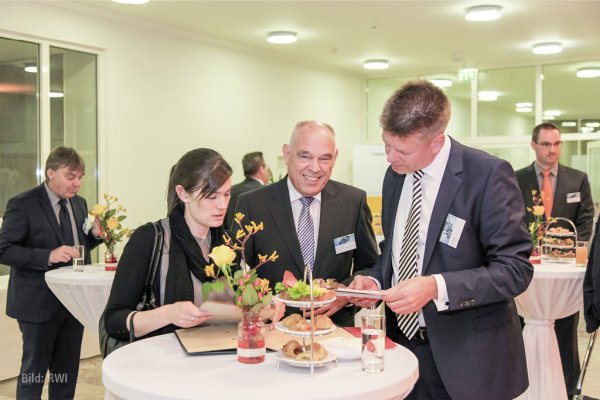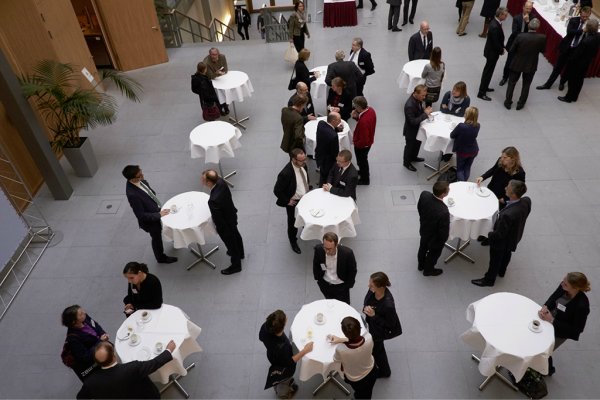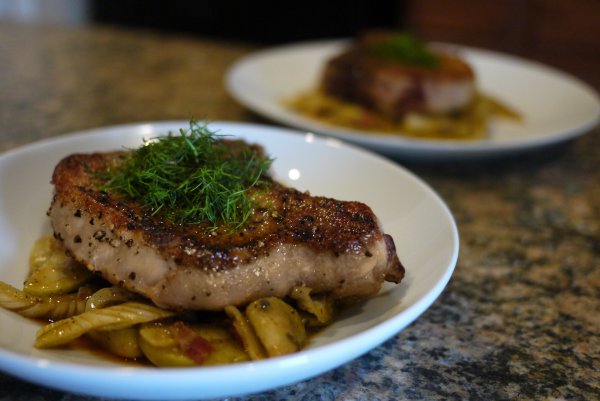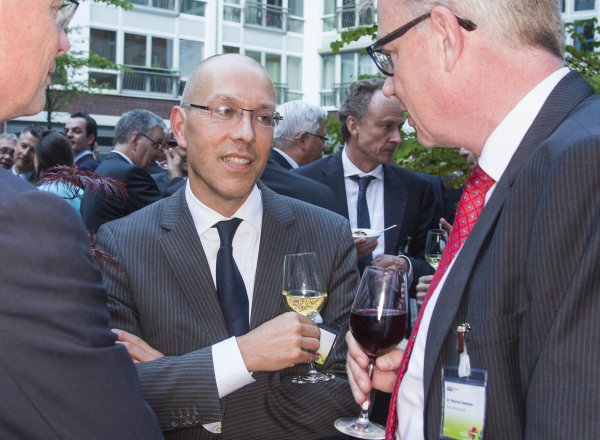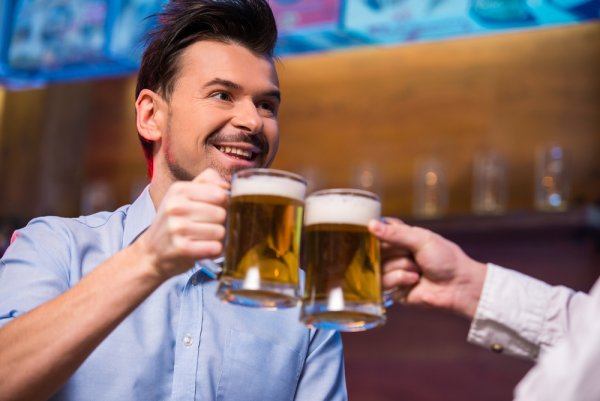Business Culture: Business Entertaining
Activities
A German business meal will consist of many things—conversation, delicious food, and maybe even a frothy beer or two—but talk of business may not be on the list. As a general rule, Germans don't make decisions over a meal and talk of actual business may stem mainly from their general apprehension about making small talk with strangers. The bulk of in-depth, business-centered discussions will normally take place before or after a meal, or at the very least, at the tail end of lunch, but almost never over dinner.
The best thing foreigners can do is follow the lead of their German counterparts and always come prepared with a few light, non-business-related topics to discuss, such as sports or German art and music.
Most business meetings will take place in a restaurant or, in the case of larger companies, within company facilities. Germany has many small, relatively informal restaurants in which business is frequently conducted. In these establishments, it is not uncommon to be asked to share a table with another party, but don't worry—there is no obligation to strike up conversation with strangers, and in fact, doing so may be received unfavorably.
The primary business meal is lunch, generally served between 12p.m. and 1p.m. A German lunch usually consists of an appetizer, a main course, and a dessert. Both lunches and dinners are considered important components of business conferences, as meals allow time for establishing new contacts and discussing business in a more relaxed atmosphere. Take advantage of these opportunities whenever possible.
There may be a few official business dinners, but German hosts are quite aware of the need for personal time—because they value it themselves—and will be more likely to leave your nights open than to fill each one with an entertainment program. When you are invited to dine, dinner is usually served between 7p.m. and 8:30p.m., and can last until 11p.m. or midnight.
German cuisine is traditionally heavy on the meats and sauces—vegetarians should be prepared to make special requests far in advance. Don't feel nervous about doing so—directness is a valued trait and a reasonable request will always be accepted graciously.
Etiquette
The person who extends the invitation will be expected to pay, and a 10 to 15 percent tip is appropriate. If staff members went out of their way, it is acceptable to leave a little extra. When leaving the restaurant, acknowledge excellent service by thanking the staff: say "Danke schön" ("Thank you very much") to express your appreciation.
It is not appropriate to attempt to pay the bill if you were the one invited. Although in some cultures this is understood to be only a gesture of politeness, in Germany it will be met with confusion, or you may actually be left to pay the bill, as Germans tend to take communication literally.
But aside from planned events, if you are at a conference or other event, and a colleague spontaneously asks you to go out to get something to eat, it should not be considered an invitation resulting in an offer to pay. In the instance that two or three colleagues go out to eat together, the waiter will ask whether the bill should be zusammen (totaled together on one bill) or getrennt (on separate bills); the latter is the appropriate choice.
During a meal in Germany, be sure to keep the knife in one hand the entire time. The practice of eating with one hand while the other hand rests under or on top of the table is considered rude.
Alcohol may be offered with lunch, but it is generally not consumed during the work day. It is best to take the lead from the host. At the same time, if the host drinks alcohol and you choose not to, don't feel obligated to extend an explanation. Nighttime is a different story: beer, especially in Bavaria, will likely flow freely, and it is polite to drink, although public drunkenness is frowned upon, so pace yourself and eat plenty.
It is rare to be invited to a business meal in someone's home. If you are invited to a sit-down dinner party at a private residence or to an afternoon kaffee trinken (coffee and cake), arrive punctually and wait to be seated. Don't expect to be served, however—food and drink are usually passed around, and guests serve themselves. The most common toasts, to be made with direct eye contact with whoever is being toasted, are "Zum Wohl!" and "Prost!" Use "Zum Wohl!" with wine and "Prost!" with beer. Both mean a wish for good health.
Article written for World Trade Press by Jessica Kirby.
Copyright © 1993—2025 World Trade Press. All rights reserved.

 Germany
Germany 